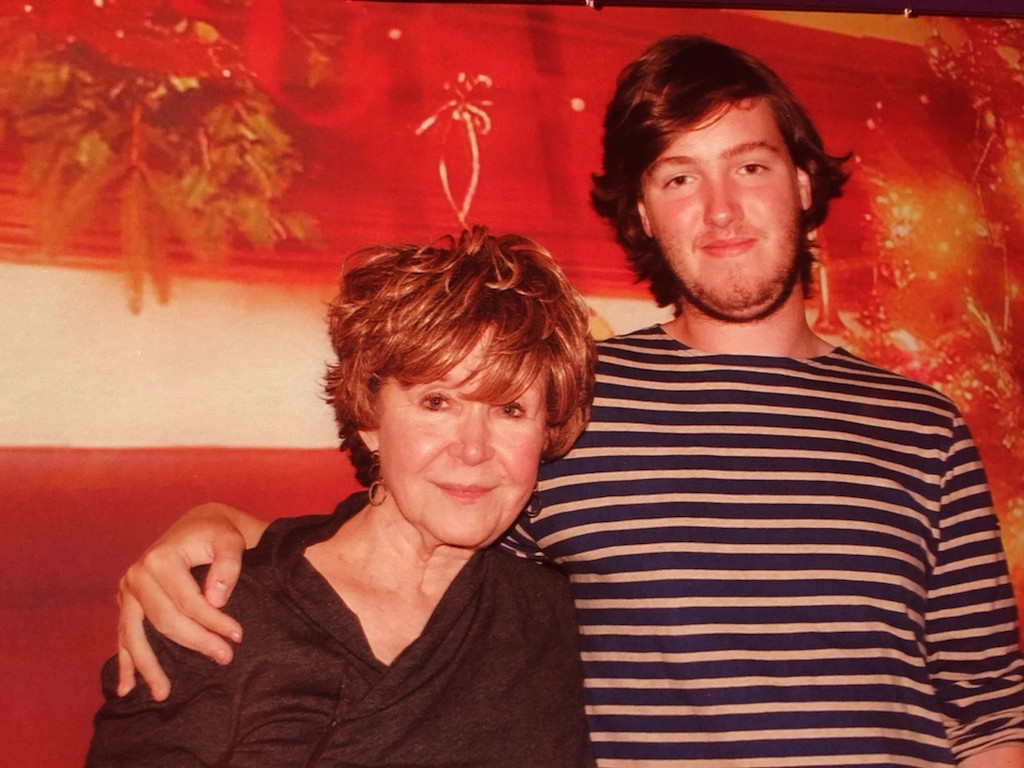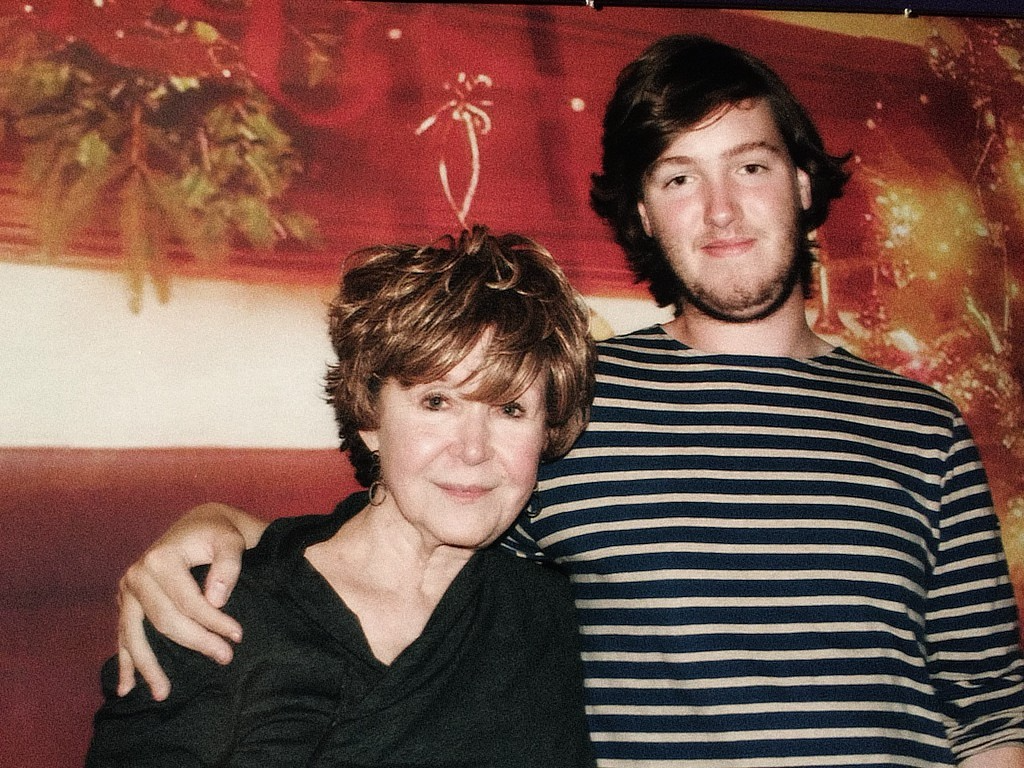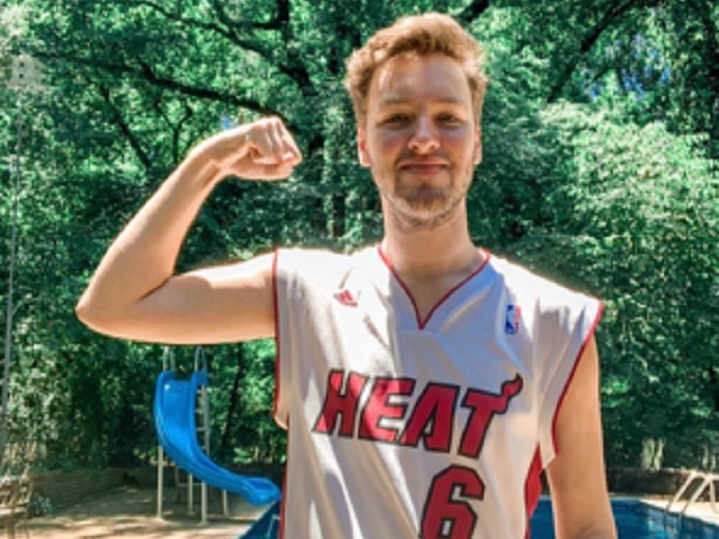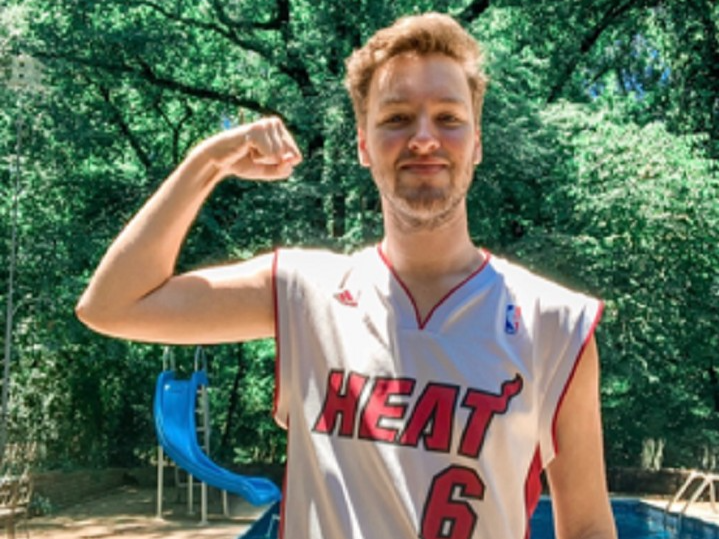The Healing Power of Giving: How Volunteering Impacts Public Health

Bishop Butler suggests volunteering is often seen as an act of selflessness and generosity, but its impact on public health is lesser-known. Over the years, researchers and experts have delved into the connection between volunteering and public health, unveiling many benefits extending far beyond the individual volunteer. This article explores the healing power of giving, shedding light on how volunteering positively impacts public health. From reducing healthcare costs to enhancing community well-being and fostering social cohesion, the evidence shows that volunteering is a gesture of kindness and a powerful tool for promoting public health and building stronger, healthier societies.
Mental Health Boost: Alleviating Stress and Depression
Volunteering has been linked to reduced stress levels and decreased risk of depression. Volunteering provides individuals with a sense of purpose and fulfillment, fostering positive emotions that counteract feelings of anxiety and depression. The social connections and support networks built through volunteering are crucial in enhancing mental well-being.
Strengthening Social Bonds: Combating Loneliness
Loneliness has become a growing concern in modern society, adversely affecting public health. Volunteering offers opportunities for individuals to connect with others and build meaningful relationships within their community. These social bonds combat loneliness and promote a sense of belonging, leading to improved mental and emotional health.
Promoting Healthy Lifestyles: Encouraging Physical Activity
Volunteering often involves physical activities, such as community clean-ups or assisting with outdoor events. Such activities encourage individuals to be physically active, contributing to better physical health. Volunteering in health-related projects, such as supporting fitness programs, promotes healthy behaviors and preventive care.
Empowering Vulnerable Populations: Addressing Health Disparities
Volunteers often work with vulnerable populations, such as the elderly or economically disadvantaged. Volunteers can address health disparities by providing support, resources, and access to healthcare services through their efforts. Empowering these populations enhances overall community health and well-being.
Building Resilient Communities: Strengthening Disaster Response
Volunteering plays a critical role in disaster response and recovery efforts. Volunteers provide much-needed support, aid, and resources to affected communities, contributing to a more efficient and effective response. Engaged communities with a strong volunteer base are better equipped to cope with disasters and rebuild afterward.
Enhancing Social Cohesion: Fostering Community Well-Being
Volunteering fosters social cohesion by bringing together individuals from diverse backgrounds to work towards common goals. This shared sense of purpose strengthens community ties and enhances overall community well-being. A cohesive community is more resilient and better equipped to tackle health challenges collectively.
Reducing Healthcare Costs: Preventive Impact
Volunteering's preventive impact on public health can lead to reduced healthcare costs. By promoting healthy behaviors, addressing social determinants of health, and supporting preventive care initiatives, volunteering contributes to preventing costly health issues in the long run.
Beyond its charitable nature, volunteering is a potent force for promoting public health and fostering thriving communities. From boosting mental health and combatting loneliness to promoting healthy lifestyles and empowering vulnerable populations, the healing power of giving leaves a lasting impact on individuals and society. As we recognize the valuable role of volunteering in improving public health, let us encourage and support volunteer efforts to build stronger, more resilient, healthier communities. By harnessing the healing power of giving, we create a ripple effect of positive change that benefits everyone involved and contributes to a healthier and happier world.








